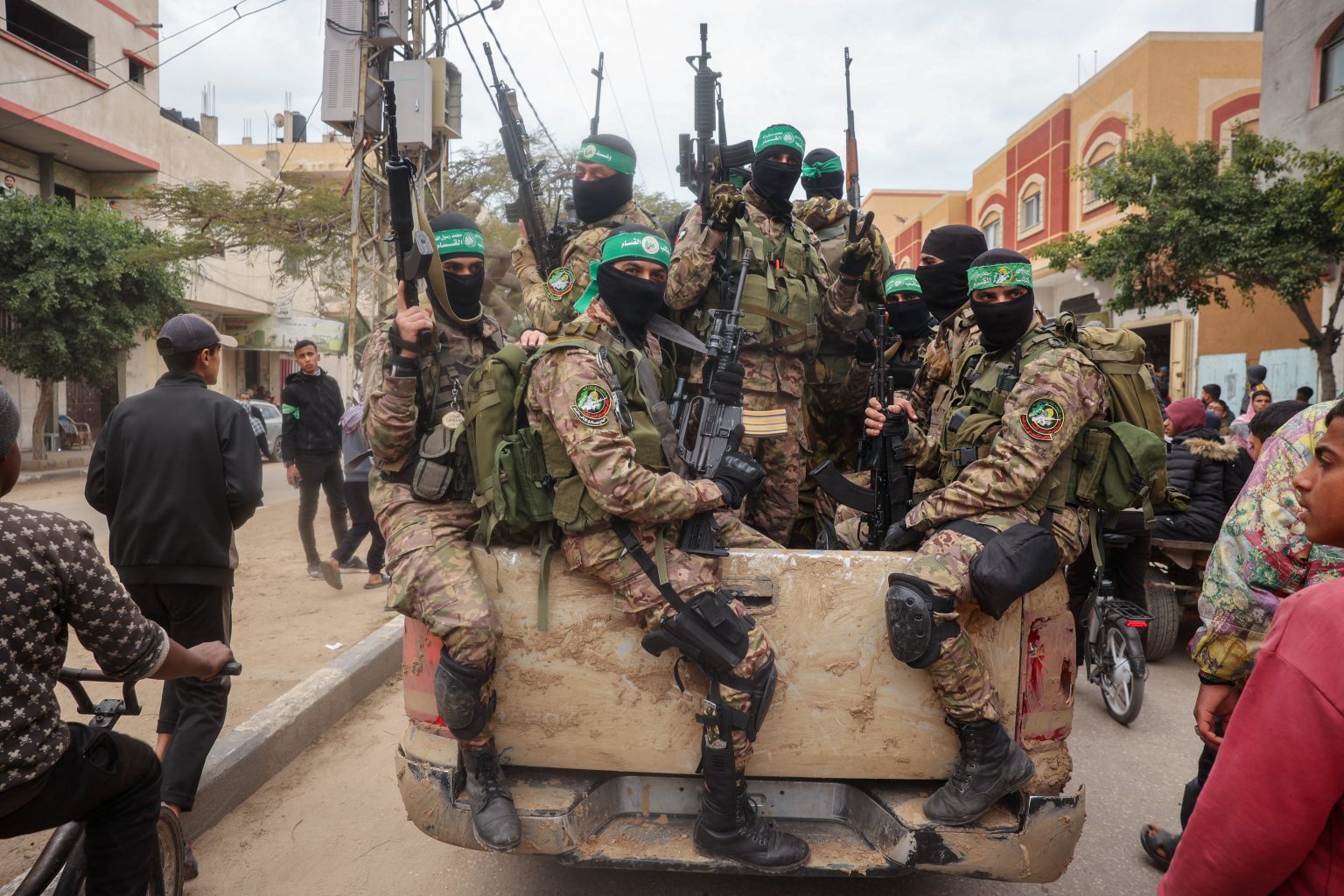Listen to the article
As the Israel-Hamas conflict approaches its two-year mark, persistent misinformation campaigns continue to shape global perceptions of the war. The Israeli cabinet’s recent decision to occupy Gaza City has sparked renewed debate about Hamas’s future and the fate of civilians caught in the crossfire, while raising serious concerns about the quality of information reaching the public.
Media coverage of the conflict has been plagued by questionable sourcing and active disinformation, partly due to what critics describe as naivety among major news outlets about their Gaza-based sources. This information battlefield has revealed vulnerabilities that military analysts believe could be exploited against U.S. forces in future conflicts.
Hamas and allied groups have evolved their propaganda tactics significantly since October 7, 2023. Initially, they focused on dramatic accusations of Israeli atrocities, exemplified by claims ten days after their attack that Israel had bombed Al Ahli Arab Hospital, allegedly killing hundreds. This narrative quickly collapsed when Israeli and U.S. intelligence demonstrated that a misfired rocket from Gaza had caused minimal damage to the facility.
After this setback, Hamas strategists pivoted to a more sustainable approach: maintaining a constant stream of smaller accusations rather than banking on single, high-impact stories. This included distributing casualty figures through Hamas-controlled organizations that were later cited without scrutiny by high-ranking U.S. officials, including then-President Biden and Defense Secretary Austin.
“The steady drip of allegations, even when individually debunked, creates a cumulative effect that’s difficult to counter,” said a regional security analyst who requested anonymity. “It’s psychological warfare through information overload.”
Israel’s recent initiative to bypass Hamas-controlled aid distribution networks and deliver humanitarian supplies directly to Gazans prompted yet another tactical shift. Recent weeks have seen a surge in allegations about civilian starvation and violence near Israeli aid delivery points. While Israeli authorities have released video evidence contradicting some of these claims, the rapid cycle of new accusations has overwhelmed fact-checking efforts.
The problem extends beyond mainstream media. Alternative news sources and podcasters who position themselves as independent voices have often amplified unverified claims. Some have given platforms to former aid workers making serious allegations only after failing to secure continued employment, raising questions about their motivations.
Security experts warn that Hamas’s evolving propaganda playbook could serve as a template for America’s adversaries in future conflicts. The strategy – flooding media channels with allegations of war crimes regardless of their veracity – takes advantage of the American media landscape’s partisan divisions and the speed of modern news cycles.
“We should expect any future U.S. military engagement to face similar challenges,” said a former Pentagon communications official. “The goal isn’t just to sway international opinion but to create domestic pressure against military operations.”
The U.S. government has struggled to effectively counter such information warfare. While some efforts, like exposing Russian false-flag operations before the 2022 Ukraine invasion, achieved moderate success in establishing a clear aggressor, other initiatives have failed spectacularly. A State Department program to counter ISIS recruitment through social media engagement produced minimal results, while collaboration with tech platforms to limit terrorist content raised concerns about overreaching censorship.
These experiences highlight the critical role independent media must play in verifying claims during armed conflicts. News organizations that rigorously fact-check and contextualize information from conflict zones provide an essential public service while potentially creating sustainable business models built on reliability.
As information continues to be weaponized in modern conflicts, the ability to discern fact from fiction becomes not just a journalistic responsibility but a matter of national security. For consumers of news, the challenge remains finding trustworthy sources amid the cacophony of claims and counterclaims that now characterize coverage of complex global conflicts.
Verify This Yourself
Use these professional tools to fact-check and investigate claims independently
Reverse Image Search
Check if this image has been used elsewhere or in different contexts
Ask Our AI About This Claim
Get instant answers with web-powered AI analysis
Related Fact-Checks
See what other fact-checkers have said about similar claims
Want More Verification Tools?
Access our full suite of professional disinformation monitoring and investigation tools




7 Comments
The lessons learned here about propaganda tactics and vulnerabilities in information warfare could indeed have broader implications for the US military. It’s an important issue to monitor closely.
This article highlights the need for robust media verification and fact-checking processes, especially in conflict zones where the truth can be obscured by propaganda efforts.
This article provides a sobering look at the evolving propaganda tactics used in modern conflicts. Media outlets must remain vigilant and employ rigorous verification to combat disinformation.
The lessons from this conflict on information warfare tactics are valuable, but concerning. Maintaining accurate, unbiased reporting will be critical going forward.
The collapse of Hamas’ initial narratives around alleged Israeli atrocities shows the importance of verifying claims, even dramatic ones. Fact-based reporting is critical in these complex conflicts.
This article highlights the challenges media outlets face in verifying information and sourcing from conflict zones. Rigorous fact-checking is essential to avoid amplifying disinformation.
The information warfare tactics used by Hamas in this conflict are concerning. It’s crucial for the public to have access to accurate, unbiased reporting to make informed decisions.